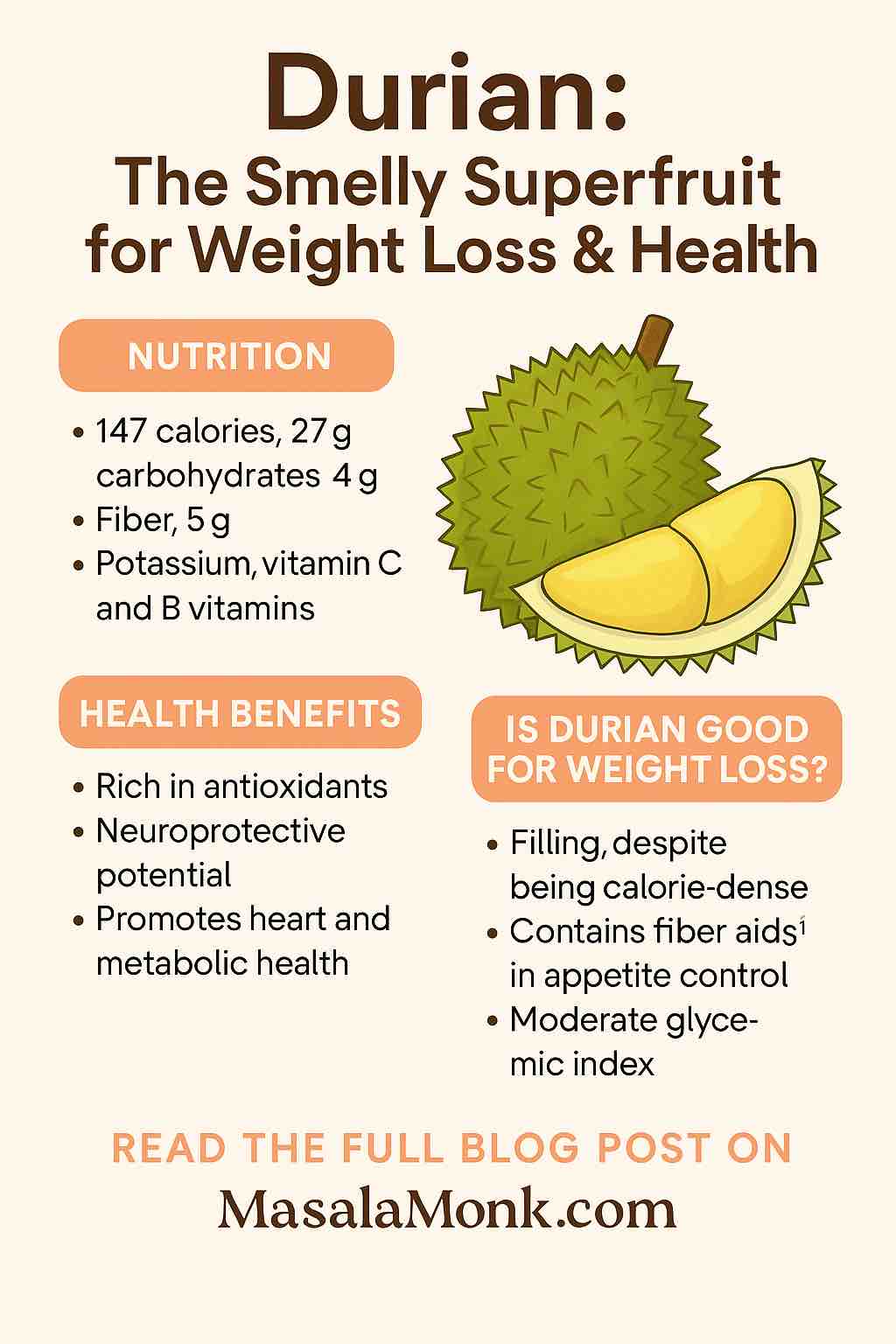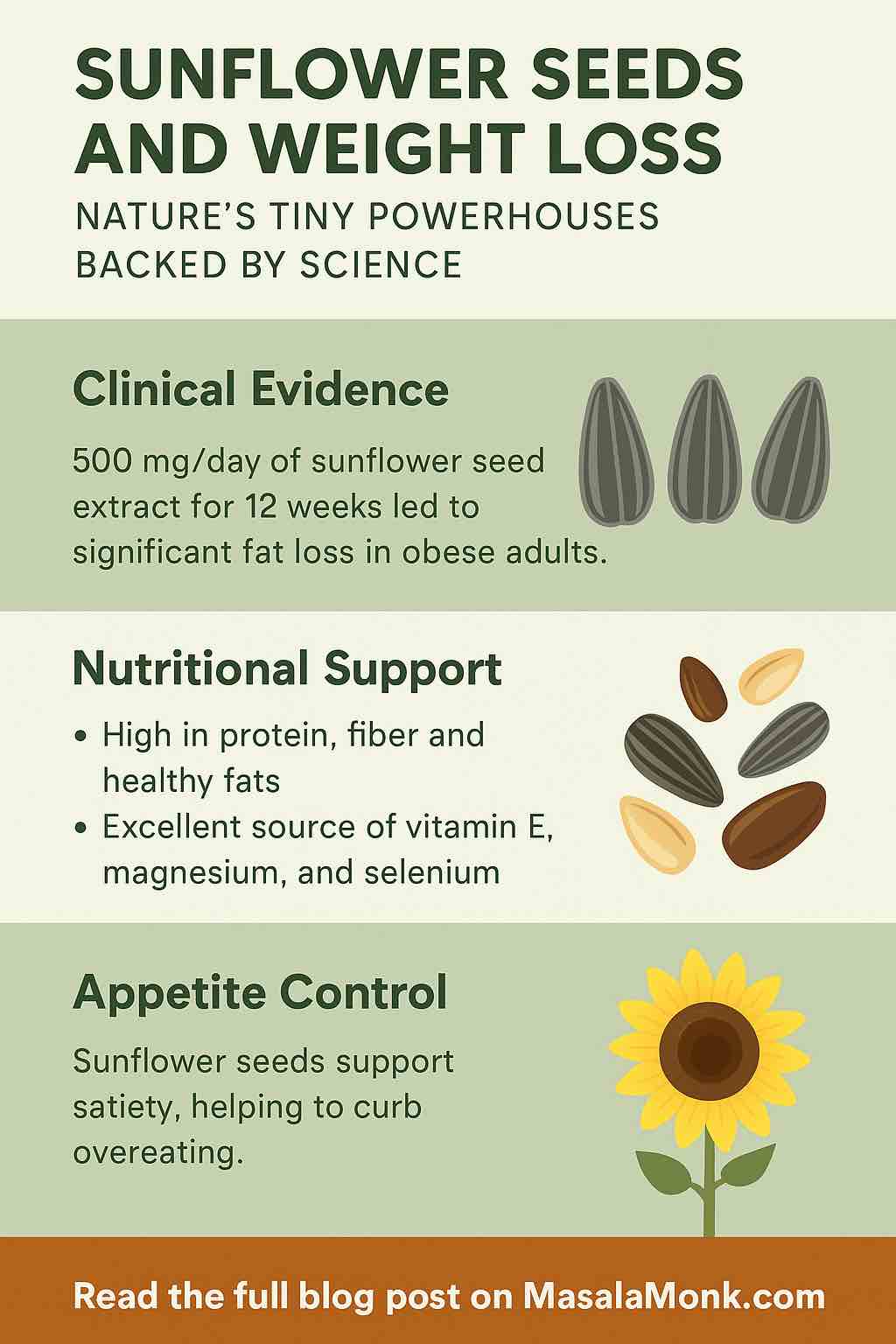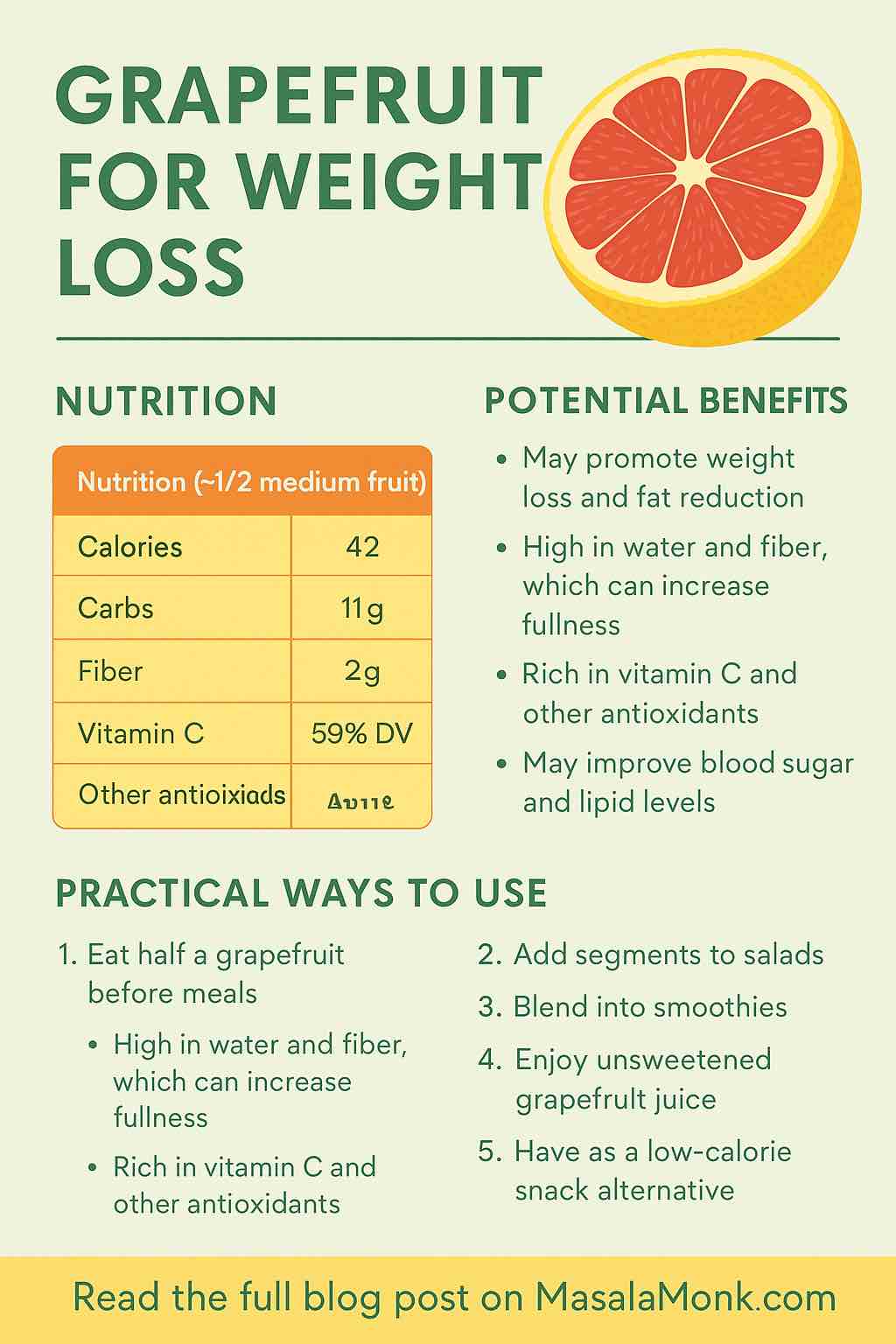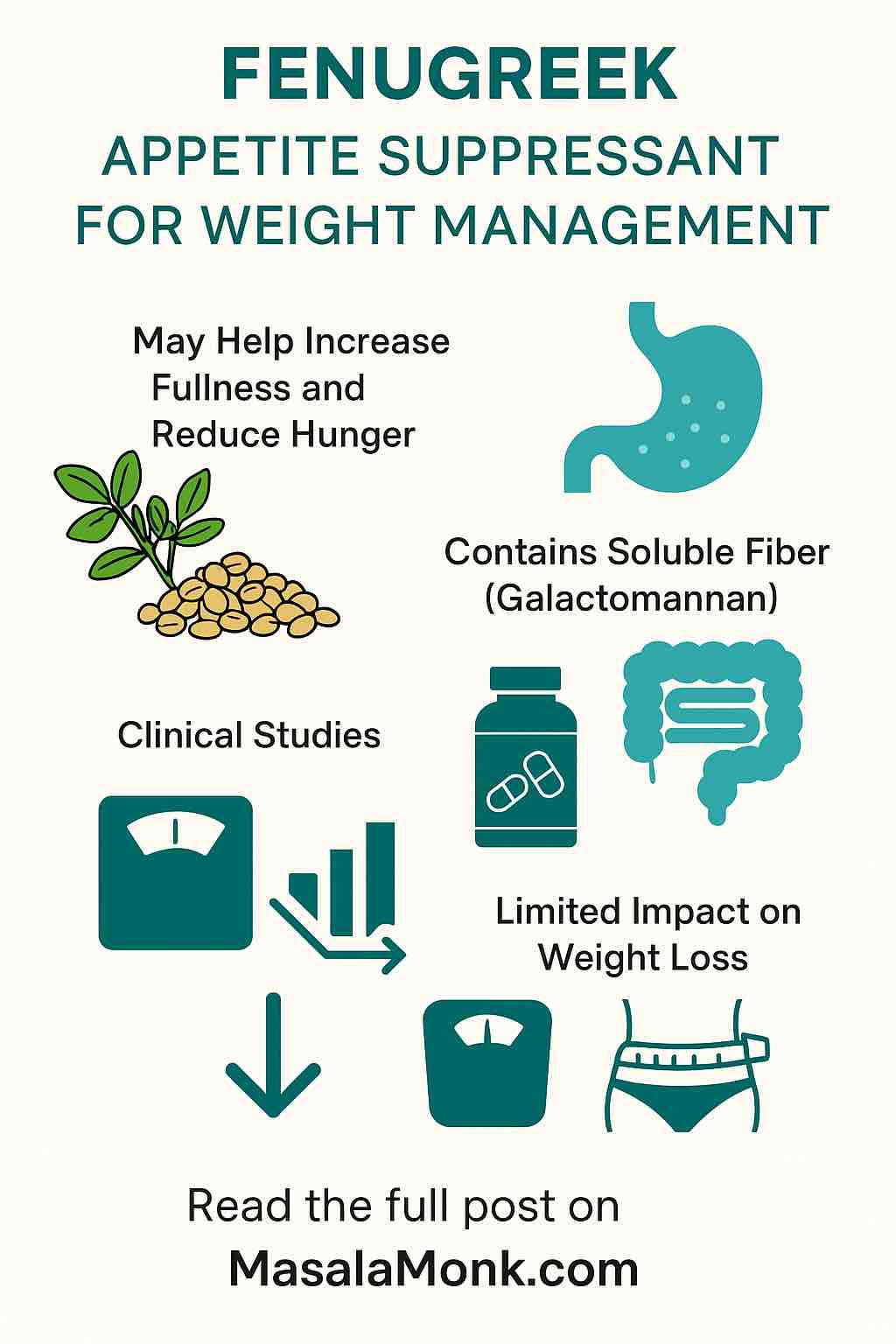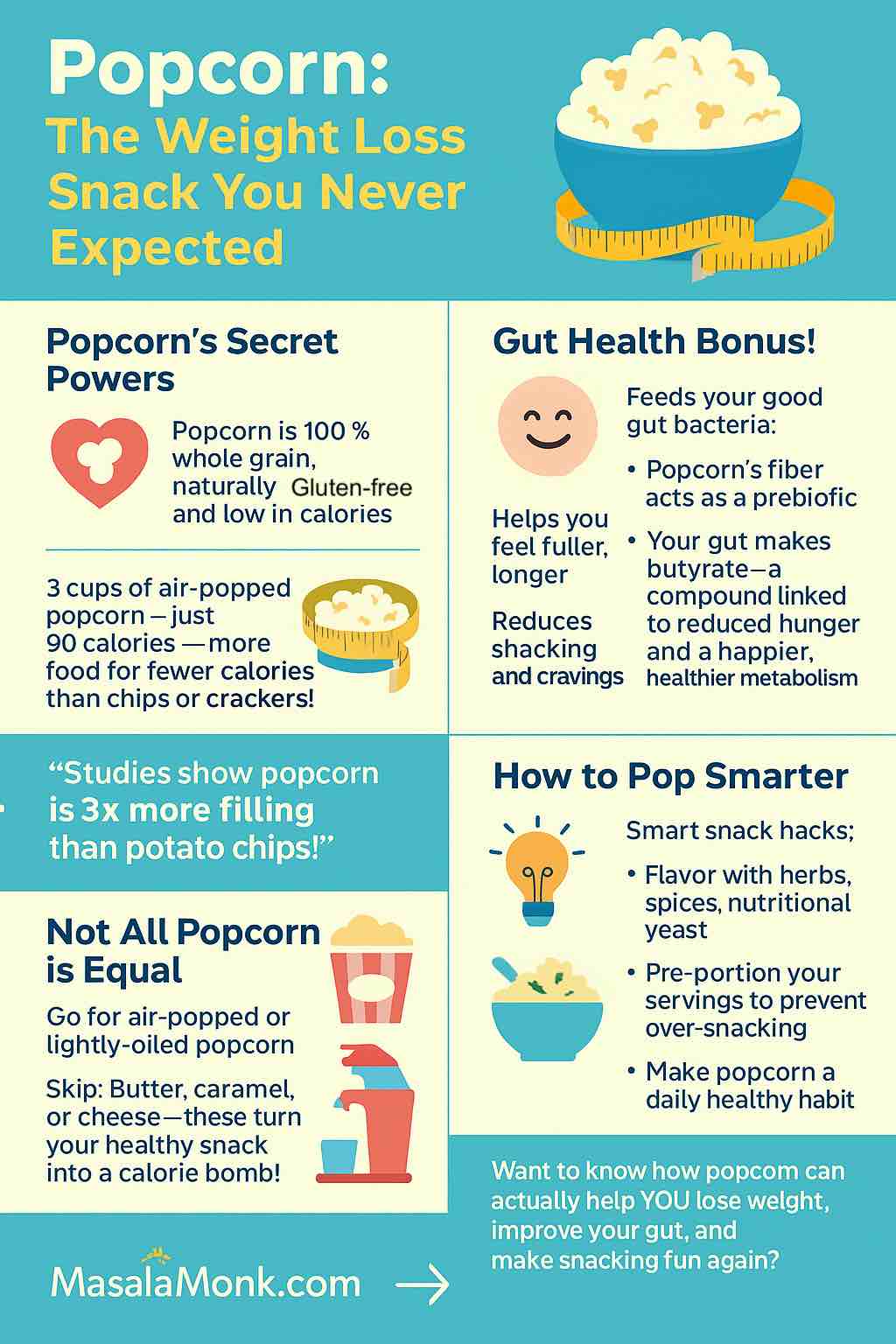
Popcorn: Just hearing the word might conjure up the smell of movie theaters, the sound of kernels bursting in a pot, or memories of late-night snacks with friends. But for many, popcorn is still stuck in the “junk food” category—something indulgent rather than nutritious. It’s time to set the record straight. New research reveals that, when prepared right, popcorn isn’t just a low-calorie snack—it could be a powerful ally in your weight loss journey and metabolic health.
Popcorn: Not Just Empty Calories
Let’s get this out of the way: not all popcorn is created equal. Microwave bags loaded with butter, caramel corn, and movie theater tubs dripping with oil are not the popcorn that’s impressing nutritionists and scientists. The real hero here is air-popped, unprocessed popcorn—just simple whole kernels, popped with air or a hint of healthy oil, and seasoned with spices rather than fat.
Why does this matter? Unlike processed snacks, air-popped popcorn is:
- A 100% whole grain—retaining all the bran and germ, packed with nutrients.
- Low in calories, high in volume—1 cup has just 31 calories, and three full cups are under 100!
- Rich in fiber—about 3 grams per serving, which supports fullness and gut health.
- Loaded with polyphenols—plant compounds that protect against inflammation and may improve metabolism.
This combination is rare in the snack world. Most “crunchy snacks” are either high-calorie, low-volume (chips), or stripped of nutrients (rice cakes, crackers). Popcorn breaks that mold.
How Popcorn Supports Weight Loss
The Science of Satiety
Satiety—the sense of fullness after eating—is crucial for any successful weight loss effort. The research is clear: foods that are high in fiber, low in calories, and take up a lot of space in your stomach keep you feeling fuller, longer. Popcorn nails all three.
Several clinical studies have compared popcorn to chips and pretzels. Participants who ate the same calorie amount of popcorn reported feeling significantly more satisfied, were less likely to reach for more food later, and consumed fewer calories overall in the hours that followed. The magic is in popcorn’s volume and fiber: you eat more, chew longer, and your stomach sends a stronger “I’m full!” signal to your brain.
Volume Eating and Mindful Snacking
“Volume eating” is a growing trend in weight management. The idea: choose foods that fill your plate and your stomach, but not your calorie budget. Three cups of air-popped popcorn looks—and feels—like a real snack, while a handful of chips barely registers. This visual and physical fullness is a psychological advantage. Popcorn also encourages slower, more mindful eating. Unlike chips or candies that can be shoveled in by the handful, popcorn’s shape means you typically eat one or two pieces at a time, giving your body more time to register fullness.
Fiber and the Gut–Brain Connection
Perhaps the most exciting new research on popcorn isn’t about calories, but about what happens after you eat it. The type of fiber in popcorn acts as a prebiotic—it feeds the beneficial bacteria in your gut. These bacteria ferment the fiber, producing short-chain fatty acids like butyrate. Butyrate is now known to play a key role in gut health, inflammation control, and even the regulation of appetite hormones like GLP-1 and PYY.
Cutting-edge studies have found that butyrate may actually help lower appetite, support metabolic flexibility (how efficiently your body burns fat for energy), and strengthen the gut barrier—helping you absorb nutrients better and reduce inflammation throughout the body.
Scientists are even breeding new popcorn varieties, such as Quality Protein Popcorn (QPP), to enhance these effects by boosting protein content and fiber quality, further increasing butyrate production in the gut. This opens the door to a future where popcorn is a functional food: a snack that isn’t just “not bad,” but actively supports health and weight loss.
Popcorn for Real Life: How to Get the Benefits
Here’s how you can make popcorn work for your goals:
Choose the Right Popcorn
- Air-popped kernels are best: Use a hot air popper or pop in a covered pot with just a teaspoon of healthy oil (like olive or avocado oil).
- Skip the microwave bags: Most are loaded with processed fats, sugar, and preservatives that can undo all the benefits.
- Buy kernels in bulk: Not only is this more cost-effective, but you avoid additives and can control every ingredient.
Healthy Ways to Flavor Popcorn
Popcorn’s neutral flavor is a blank canvas. Instead of reaching for butter or caramel, experiment with:
- Nutritional yeast for a cheesy, savory kick plus a boost of B vitamins.
- Smoked paprika, chili powder, or curry powder for an exotic twist.
- Cinnamon and a dusting of cocoa for a slightly sweet snack without added sugar.
- Dried herbs like rosemary, thyme, or Italian seasoning for Mediterranean flair.
- A sprinkle of sea salt and vinegar powder for a “salt and vinegar” flavor.
Lightly misting popcorn with olive oil spray before tossing with seasoning helps everything stick without adding much fat.
Smart Snacking Strategies
- Portion ahead: Pop a large batch and divide it into single-serving containers or bags to grab and go, avoiding overeating.
- Pair with protein: Add a handful of roasted chickpeas or a few nuts for a more balanced snack that’s extra filling.
- Eat mindfully: Serve your portion in a bowl, sit down, and enjoy the experience. Avoid eating from the pot or bag, especially while distracted by screens.
The Role of Popcorn in Meal Planning
Popcorn isn’t just for snacking! Try:
- Using popcorn as a salad topper in place of croutons for crunch and fiber.
- Mixing it with air-popped chickpeas or baked beans for a crunchy, savory mix.
- Making your own healthy “party mix” with whole-grain cereal, popcorn, seeds, and a dash of spices.
Social & Psychological Benefits
There’s another reason popcorn is a weight-loss ally: it’s a social food. Sharing a bowl of popcorn at home or at gatherings can help you stick to healthy habits while still being part of the fun. You’re less likely to feel deprived compared to skipping snacks altogether, which supports a more sustainable, balanced approach to eating.
What to Watch Out For
Of course, popcorn’s benefits only apply when you avoid certain traps:
- Butter and cheese coatings can turn popcorn into a calorie bomb.
- Sweet flavors like caramel and kettle corn are high in sugar.
- Excessive oil or store-bought toppings can add hundreds of extra calories.
Aim for less is more when it comes to toppings, and be wary of “gourmet” popcorns that often contain even more sugar and fat than chips.
The Future of Popcorn
With the rise of food innovation, popcorn is stepping into the spotlight as more than just a snack. Scientists are working to enhance its protein and fiber content even further. In a few years, you may see “gut-friendly” or “protein-fortified” popcorn on shelves, designed specifically to amplify its benefits for weight loss and wellness.
Meanwhile, the latest diet trends—from “fiber-maxxing” to gut health-focused eating—are all finding a place for popcorn as a natural, affordable, and enjoyable staple.
Final Thoughts: Embrace the Pop!
If you’re on a weight loss journey, looking for gut health support, or simply searching for snacks that satisfy, it might be time to rethink popcorn. When prepared simply—without excess fat, sugar, or salt—popcorn delivers on all fronts: high in fiber, filling, affordable, and versatile. It’s a rare case of a comfort food that actually deserves a place in your healthy lifestyle.
So the next time you crave something crunchy, think beyond the usual chips and cookies. A big, fluffy bowl of air-popped popcorn could be the secret weapon you never knew you needed—for your waistline, your microbiome, and your peace of mind.
Ready to pop? Try making your own air-popped creation and share your favorite healthy popcorn toppings!
10 Popcorn & Weight Loss FAQs
1. Is all popcorn good for weight loss?
No, only air-popped or minimally-oiled popcorn is supportive for weight loss. Avoid buttered, caramel, cheese-coated, and most microwave varieties, as these can be high in calories, sugar, and unhealthy fats.
2. How much popcorn can I eat if I’m watching my weight?
A standard serving is about 3 cups of air-popped popcorn, which contains roughly 90–100 calories. This is a satisfying snack size for most people.
3. Does popcorn really help you feel full?
Yes! Popcorn is high in fiber and volume, which helps fill your stomach and promotes a lasting feeling of fullness compared to other snacks.
4. Can I eat popcorn every day?
Absolutely, as long as you prepare it healthily and stick to moderate portions. Daily popcorn can support fiber intake and healthy snacking habits.
5. Does popcorn spike blood sugar?
Plain air-popped popcorn has a low glycemic load and generally does not cause rapid blood sugar spikes when eaten in moderation.
6. What are the healthiest ways to flavor popcorn?
Use herbs, spices, nutritional yeast, or a sprinkle of sea salt. Avoid heavy oils, cheese powders, and sugary toppings.
7. Is popcorn suitable for people with gluten intolerance or celiac disease?
Yes, popcorn is naturally gluten-free. Always check flavorings for added gluten, especially in commercial popcorn.
8. Can popcorn really improve gut health?
Yes. Popcorn’s fiber acts as a prebiotic, feeding beneficial gut bacteria that produce butyrate—a compound linked to appetite control, gut health, and reduced inflammation.
9. Are there any risks to eating popcorn?
Popcorn is safe for most people, but be mindful of portion sizes and toppings. Small children and those with swallowing difficulties should avoid whole popcorn to prevent choking.
10. How can I keep from overeating popcorn?
Portion out your snack before eating, use smaller bowls, and avoid distracted eating (like in front of screens). Mindful eating helps prevent overindulgence.

